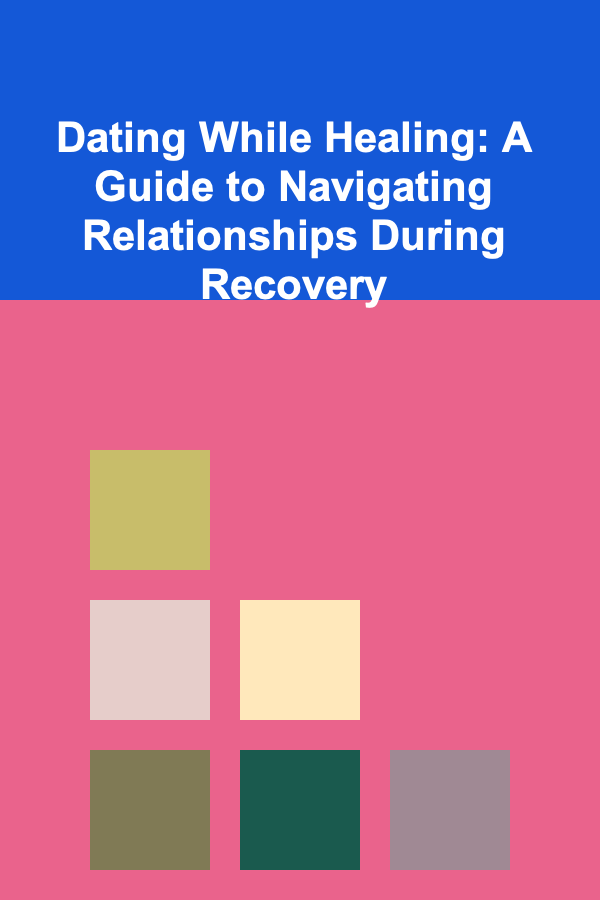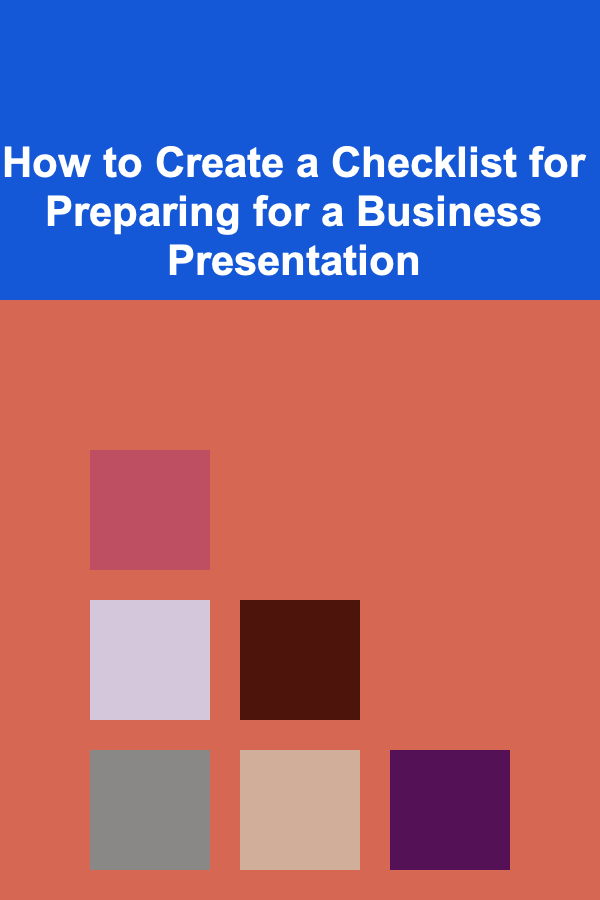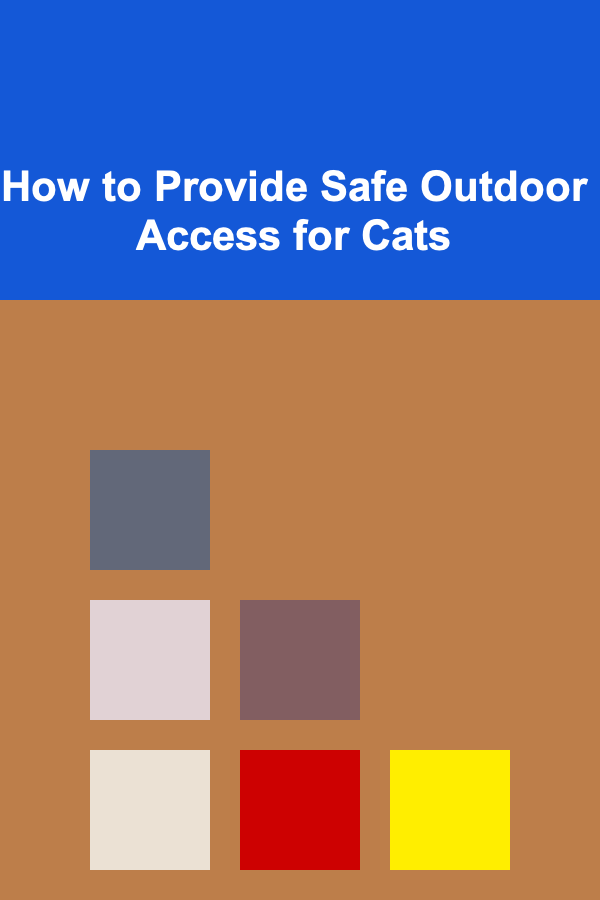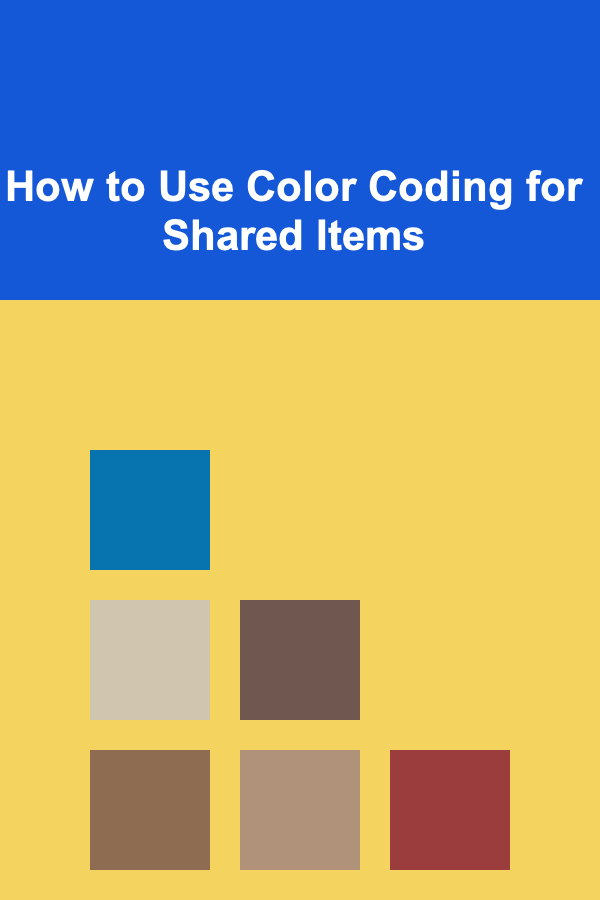
Dating While Healing: A Guide to Navigating Relationships During Recovery
ebook include PDF & Audio bundle (Micro Guide)
$12.99$8.99
Limited Time Offer! Order within the next:

Healing is a journey, not a destination. It's a process of mending, growing, and becoming a more resilient version of yourself. And sometimes, the desire for connection and companionship arises during this very vulnerable time. The question then becomes: is it possible to date while healing? The answer is a resounding yes, but it requires careful consideration, self-awareness, and a healthy dose of honesty -- both with yourself and potential partners.
Understanding the Landscape of Healing and Dating
Before diving into the practical aspects of dating while healing, it's crucial to understand the complex interplay between these two experiences. Healing can encompass a wide range of challenges, including:
- Emotional Trauma: This can stem from past relationships, childhood experiences, or significant life events. It often manifests as anxiety, depression, difficulty trusting others, and emotional reactivity.
- Grief and Loss: The death of a loved one, the end of a relationship, or the loss of a job can leave deep emotional wounds that require time and space to heal.
- Mental Health Conditions: Conditions like depression, anxiety disorders, bipolar disorder, and PTSD can significantly impact relationship dynamics and require ongoing management and self-care.
- Addiction Recovery: Overcoming addiction is a monumental achievement, but it also requires ongoing vigilance and support. Introducing dating into the mix can be particularly challenging during this vulnerable period.
- Physical Illness and Injury: Dealing with chronic illness or recovering from an injury can impact energy levels, self-esteem, and the ability to participate in activities, all of which can affect dating.
Dating, on the other hand, is inherently about vulnerability. It requires opening yourself up to the possibility of connection, rejection, and even potential heartbreak. When you're already in a vulnerable state due to healing, navigating the dating world can feel like walking a tightrope.
Therefore, it's essential to approach dating with intention and awareness. It's not about rushing into a relationship to fill a void or distract yourself from your pain. Instead, it's about creating opportunities for genuine connection while prioritizing your well-being and continued healing.
Assessing Your Readiness: Are You Truly Ready to Date?
The first and most important step is to honestly assess your readiness. Ask yourself these crucial questions:
- Am I dating to avoid dealing with my own issues? Dating should not be a form of escapism. If you're trying to fill a void or distract yourself from unresolved pain, you're not in a healthy place to build a meaningful connection.
- Am I emotionally stable enough to handle potential rejection? Rejection is a part of dating, and it can be particularly painful when you're already feeling vulnerable. Ensure you have the emotional resilience to cope with setbacks.
- Am I clear about my boundaries and needs? Healthy boundaries are essential for any relationship, but they are particularly crucial when you're healing. You need to know what you're willing to tolerate and what you're not.
- Am I able to communicate my needs and limitations effectively? Honesty and communication are key to building trust and understanding in a relationship. You need to be able to articulate your needs and limitations to a potential partner.
- Am I actively engaged in my healing process? This means attending therapy, practicing self-care, and taking steps to address your underlying issues. Dating should complement your healing, not hinder it.
- Do I like who I am, even when I'm not in a relationship? Self-love and acceptance are fundamental to healthy relationships. You need to be comfortable being alone and confident in your own worth.
If you answer "yes" to most of these questions, you're likely in a good place to start dating. However, if you find yourself hesitating or answering "no" to several of these questions, it might be wise to focus on your healing journey for a little longer before entering the dating scene. There's no right or wrong answer; it's all about listening to your intuition and prioritizing your well-being.
Setting Realistic Expectations: What Are You Looking For?
Once you've determined that you're ready to date, it's important to set realistic expectations. This means being clear about what you're looking for in a relationship and being honest with yourself about what you can realistically offer at this stage in your healing process.
- Define your relationship goals: Are you looking for a casual fling, a serious relationship, or something in between? Being clear about your intentions from the outset can save you and your potential partners a lot of heartache.
- Consider your capacity for emotional investment: Healing takes time and energy. Be honest with yourself about how much emotional energy you have available to invest in a relationship. Don't overcommit yourself and risk burnout.
- Be aware of your triggers and vulnerabilities: Identify the situations, behaviors, or topics that tend to trigger your emotional responses. Knowing your triggers can help you manage them more effectively and communicate them to your partner.
- Recognize that healing is an ongoing process: You're not going to be "cured" overnight. Accept that you'll have good days and bad days, and that healing is a continuous journey. Don't put pressure on yourself to be perfect.
- Focus on connection and compatibility: Look for someone who understands and respects your healing journey. Find someone who shares your values, interests, and sense of humor. Chemistry is important, but compatibility is key to long-term success.
Avoid the trap of expecting a relationship to fix you or complete you. A healthy relationship enhances your life, but it doesn't define it. Focus on finding someone who supports your growth and encourages your healing process.
Being Honest and Transparent: Communicating Your Needs
Honesty is the cornerstone of any healthy relationship, and it's particularly important when you're dating while healing. This doesn't mean you have to reveal every detail of your past on the first date. However, it does mean being transparent about your needs, limitations, and where you are in your healing journey.
Here's how to approach the conversation:
- Choose the right time and place: Don't bring up sensitive topics in a crowded bar or during a casual encounter. Find a quiet, comfortable setting where you can have an open and honest conversation.
- Start gradually: You don't have to unload everything at once. Start by sharing some basic information about your experiences and feelings. Gauge your partner's reaction and adjust your approach accordingly.
- Use "I" statements: Focus on expressing your own feelings and needs rather than blaming or accusing your partner. For example, instead of saying "You're making me anxious," try saying "I'm feeling anxious right now."
- Be clear about your boundaries: Communicate your boundaries assertively and respectfully. Let your partner know what you're comfortable with and what you're not.
- Listen actively: Pay attention to your partner's responses and ask clarifying questions. Show that you're genuinely interested in understanding their perspective.
- Don't feel pressured to overshare: You're in control of what you reveal and when you reveal it. Don't feel obligated to share more than you're comfortable with.
- Focus on the present and future: While it's important to acknowledge the past, don't dwell on it. Focus on building a connection in the present and creating a future together.
Remember, a healthy partner will be understanding and supportive of your healing journey. If someone reacts negatively or dismissively, it's a red flag that they're not the right person for you.
Setting Healthy Boundaries: Protecting Your Well-being
Boundaries are essential for protecting your well-being and ensuring that your needs are met. When you're healing, it's even more important to establish clear boundaries and enforce them consistently.
Here are some examples of healthy boundaries you might consider setting:
- Emotional boundaries: Protect yourself from emotional dumping and avoid taking responsibility for other people's feelings. Don't feel obligated to be a therapist or a confidante for your partner.
- Physical boundaries: Be clear about your comfort level with physical intimacy. Don't feel pressured to engage in activities that make you uncomfortable.
- Time boundaries: Set limits on how much time you spend with your partner. Make sure you have enough time for yourself, your friends, and your other commitments.
- Communication boundaries: Establish rules for how you communicate with your partner. Avoid engaging in arguments or discussions when you're tired, stressed, or under the influence of alcohol or drugs.
- Financial boundaries: Be clear about your financial responsibilities and avoid getting into debt for your partner. Don't lend money or cosign loans if you're not comfortable with the risk.
Learning to say "no" is a crucial skill for setting healthy boundaries. It's okay to decline invitations, activities, or requests that don't align with your values or priorities. Remember, your well-being is paramount.
Practicing Self-Care: Nurturing Your Inner Self
Self-care is not selfish; it's essential for maintaining your mental, emotional, and physical health. When you're dating while healing, it's even more important to prioritize self-care activities that nourish your inner self and help you cope with stress.
Here are some self-care ideas to consider:
- Mindfulness and meditation: Practice mindfulness meditation to calm your mind, reduce stress, and increase self-awareness.
- Exercise and movement: Engage in regular physical activity to boost your mood, reduce anxiety, and improve your overall health.
- Healthy eating: Nourish your body with nutritious foods that support your energy levels and mental clarity.
- Sleep hygiene: Prioritize getting enough sleep to improve your mood, focus, and overall well-being.
- Creative expression: Engage in creative activities such as painting, writing, music, or dancing to express your emotions and connect with your inner self.
- Spending time in nature: Connect with nature to reduce stress, improve your mood, and enhance your sense of well-being.
- Connecting with loved ones: Spend time with friends and family who support you and make you feel good about yourself.
- Seeking professional support: Continue attending therapy or support groups to address your underlying issues and receive guidance and support.
- Setting boundaries with social media: Limit your exposure to social media, which can trigger anxiety, comparison, and feelings of inadequacy.
- Engaging in hobbies and interests: Dedicate time to activities that you enjoy and that bring you a sense of purpose and fulfillment.
Remember, self-care is not a one-size-fits-all approach. Experiment with different activities and find what works best for you. Make self-care a non-negotiable part of your routine.
Recognizing Red Flags: When to Walk Away
Dating while healing requires a heightened awareness of potential red flags. It's important to be able to recognize warning signs that a relationship is unhealthy or potentially harmful.
Here are some red flags to watch out for:
- Love bombing: Excessive flattery, gifts, and attention early in the relationship. This can be a manipulation tactic to quickly gain control.
- Gaslighting: Denying your reality, twisting your words, and making you doubt your sanity.
- Controlling behavior: Trying to isolate you from your friends and family, dictating how you spend your time, or monitoring your communications.
- Emotional abuse: Name-calling, insults, threats, and other forms of verbal abuse.
- Physical abuse: Any form of physical violence, including hitting, kicking, shoving, or restraining.
- Substance abuse: Excessive drinking or drug use that impacts their behavior or relationships.
- Lack of empathy: Inability to understand or share your feelings.
- Disrespect for your boundaries: Ignoring your boundaries or pressuring you to do things you're not comfortable with.
- Unwillingness to take responsibility: Blaming others for their problems and refusing to acknowledge their mistakes.
- Jealousy and possessiveness: Excessive jealousy or possessiveness that leads to controlling or abusive behavior.
If you notice any of these red flags, trust your instincts and prioritize your safety. It's okay to walk away from a relationship, even if you've invested time and energy into it. Your well-being is more important than anything else.
Seeking Support: Don't Go It Alone
Dating while healing can be challenging, and it's important to have a support system in place. Don't hesitate to reach out to friends, family, therapists, or support groups for guidance and encouragement.
Here are some ways to seek support:
- Talk to a therapist: A therapist can provide a safe and supportive space to process your emotions, develop coping mechanisms, and navigate the challenges of dating.
- Join a support group: Connecting with others who are going through similar experiences can be incredibly validating and empowering.
- Confide in trusted friends and family: Share your experiences with people who you trust and who will offer you unbiased support and advice.
- Utilize online resources: There are many online resources available, such as articles, forums, and support groups, that can provide valuable information and support.
Remember, you're not alone. There are people who care about you and who want to help you succeed. Don't be afraid to ask for help when you need it.
Embracing the Journey: Healing and Dating as Parallel Paths
Dating while healing is not about finding the perfect person to fix you. It's about finding someone who accepts you for who you are, supports your growth, and encourages your healing journey. It's about building a connection that is based on honesty, respect, and mutual understanding.
View healing and dating as parallel paths, each influencing and informing the other. Dating can provide opportunities for growth, self-discovery, and connection. Healing can empower you to build healthier and more fulfilling relationships.
Be patient with yourself, celebrate your progress, and remember that healing is a lifelong journey. Embrace the process, learn from your experiences, and trust that you are capable of building meaningful and loving relationships while continuing to heal and grow.

How to Create a Checklist for Preparing for a Business Presentation
Read More
How to Make Your Bed a Space-Saving Solution
Read More
How to Provide Safe Outdoor Access for Cats
Read More
How to Tackle Cluttered Spaces in Your Home
Read More
How to Use Color Coding for Shared Items
Read More
How to Use Financial Calculators Effectively
Read MoreOther Products

How to Create a Checklist for Preparing for a Business Presentation
Read More
How to Make Your Bed a Space-Saving Solution
Read More
How to Provide Safe Outdoor Access for Cats
Read More
How to Tackle Cluttered Spaces in Your Home
Read More
How to Use Color Coding for Shared Items
Read More